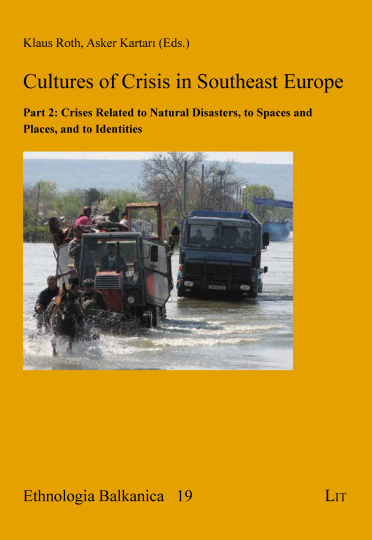“These Days, when a Belgrader Asked: ‘How Are You Doing?’, the Answer Is: ‘I’m Waiting’.”
“These Days, when a Belgrader Asked: ‘How Are You Doing?’, the Answer Is: ‘I’m Waiting’.”
Everyday Life During the 1999 NATO Bombing
Author(s): Elisa SatjukowSubject(s): Cultural Anthropology / Ethnology, Culture and social structure
Published by: LIT Verlag
Keywords: Serbia; war; public events; media;
Summary/Abstract: On the evening of the 24th of March, 1999, the first air strikes hit multiple targets in the Federal Republic of Yugoslavia. The “Operation Allied Force” had begun. The air raids lasted for 78 days. During this time, everyday life in the Serbian capital was reshaped by the bombardment. This not only affected the infrastructure of the city, but turned its inhabitants’ days and nights upside down. People were helplessly waiting for the war to end. But simply waiting cannot fill a day – waiting for the next alert, for the electricity to come back on, for the bombs to stop falling – was not enough to fill the long days. Suddenly the normally busy urbanites found themselves confronted with new tasks and had to create new routines. The Milošević regime was aware of these needs. It used the “state of exception” (Agamben 2004) to further and deepen its own propagandistic imperatives of national unity and to advertise the necessity of the “war of defence” within the nation. The state started to offer a wide range of events that not only entertained its citizens but also created forums for them to meet and to “unite” against the enemy. Beyond the state-prescribed cultural events, numerous efforts sprang up throughout the city to maintain a social and cultural life. This paper will tell of the diverse ways in which the people of Belgrade spent their time between and during the air raids.
Journal: Ethnologia Balkanica
- Issue Year: 2016
- Issue No: 19
- Page Range: 323-342
- Page Count: 20
- Language: English
- Content File-PDF

